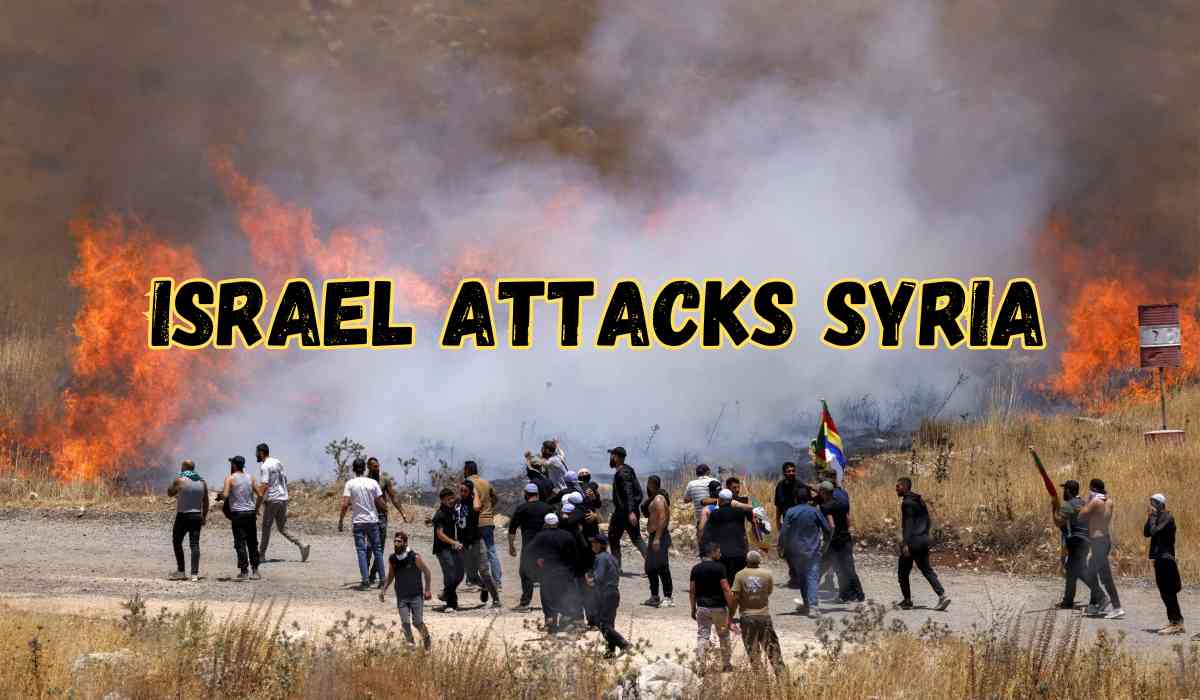In a dramatic escalation of regional tensions, Israel has launched a series of powerful airstrikes across Syria, targeting strategic military sites, including the Syrian defense ministry and areas near the presidential palace in Damascus. These strikes are not merely part of a broader geopolitical game—they are rooted in a complex intersection of history, sectarian conflict, and Israel’s stated commitment to protect the Druze minority in southern Syria. As deadly clashes erupt in the city of Sweida, understanding the background, players, and implications of this unfolding crisis is essential.
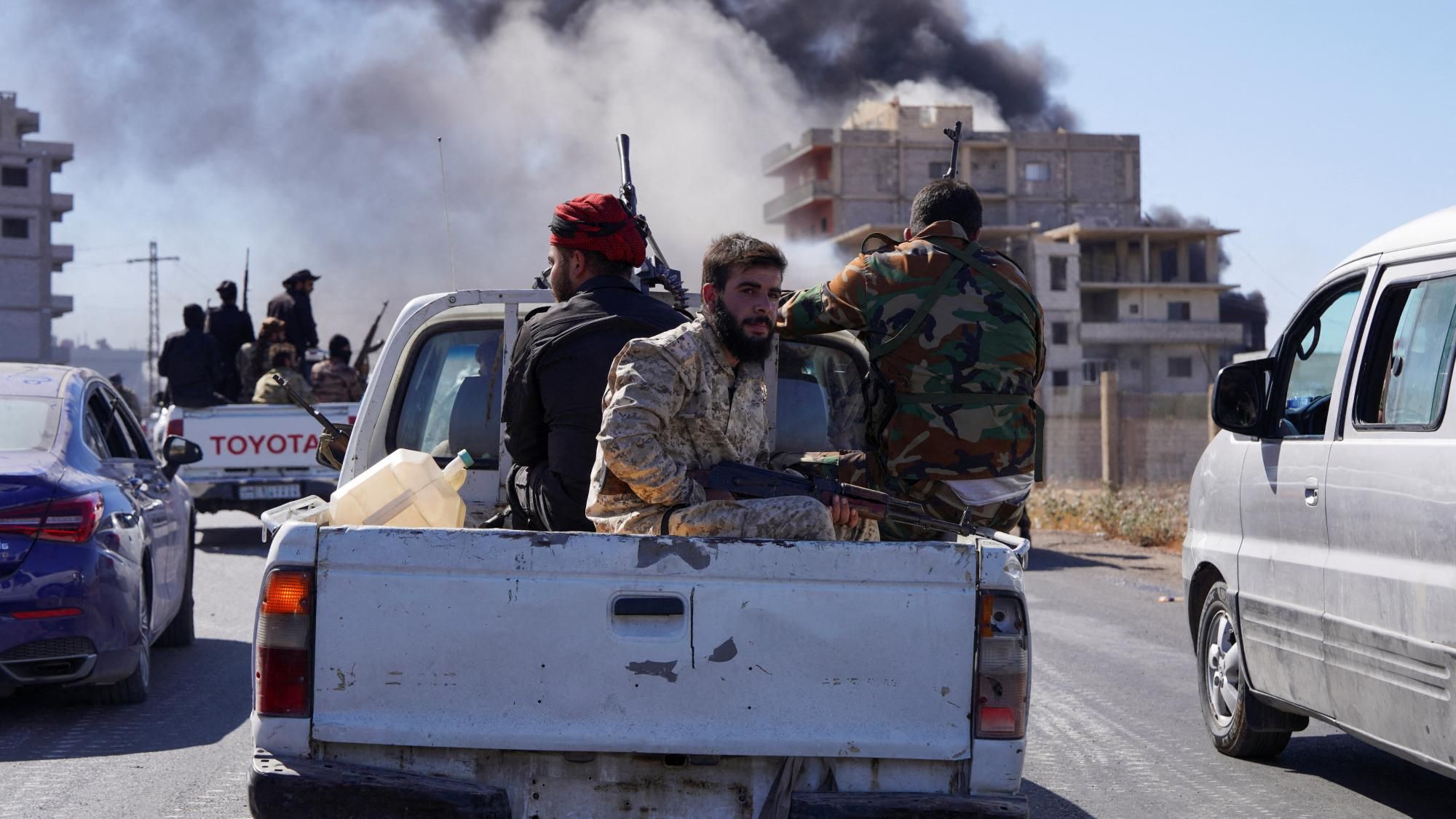
What Triggered the Recent Violence in Syria?
At the center of the current upheaval is Sweida, a southern Syrian city with a majority Druze population. The latest violence was sparked when clashes broke out between Druze militias and Bedouin tribes over the weekend. The conflict quickly spiraled out of control, leaving at least 30 people dead and many more injured. The Syrian military intervened on Monday to restore order but soon found itself in direct confrontation with Druze fighters.
The involvement of Sunni Islamist forces aligned with the Syrian government only exacerbated tensions, raising alarm among the Druze community. Prominent Druze figures, such as Sheikh Hikmat Al-Hijri, issued desperate calls for international protection, decrying what he called a “barbaric campaign” by government-backed forces.
Why Did Israel Strike Syria?
Israel’s military actions are primarily motivated by its commitment to defend the Druze minority, citing deep ethnic and familial ties between the Druze in Syria and those living within Israeli borders. Israeli Prime Minister Benjamin Netanyahu stated, “We are committed to preventing harm to the Druze in Syria due to the deep brotherly alliance with our Druze citizens in Israel, and their familial and historical ties to the Druze in Syria.”
Israel’s airstrikes targeted government military infrastructure, including:
-
The entrance to the Damascus military headquarters
-
A building near the presidential palace
-
Multiple installations in Sweida, where Syrian forces were active
Israel justified these attacks as necessary to halt Syrian government offensives and protect Druze civilians from persecution.
Defense Minister Israel Katz added, “The Syrian regime must let the Druze in Suwayda go and withdraw its forces. The IDF will continue to attack regime forces until they withdraw from the area—and will also soon raise the bar of responses against the regime if the message is not understood.”
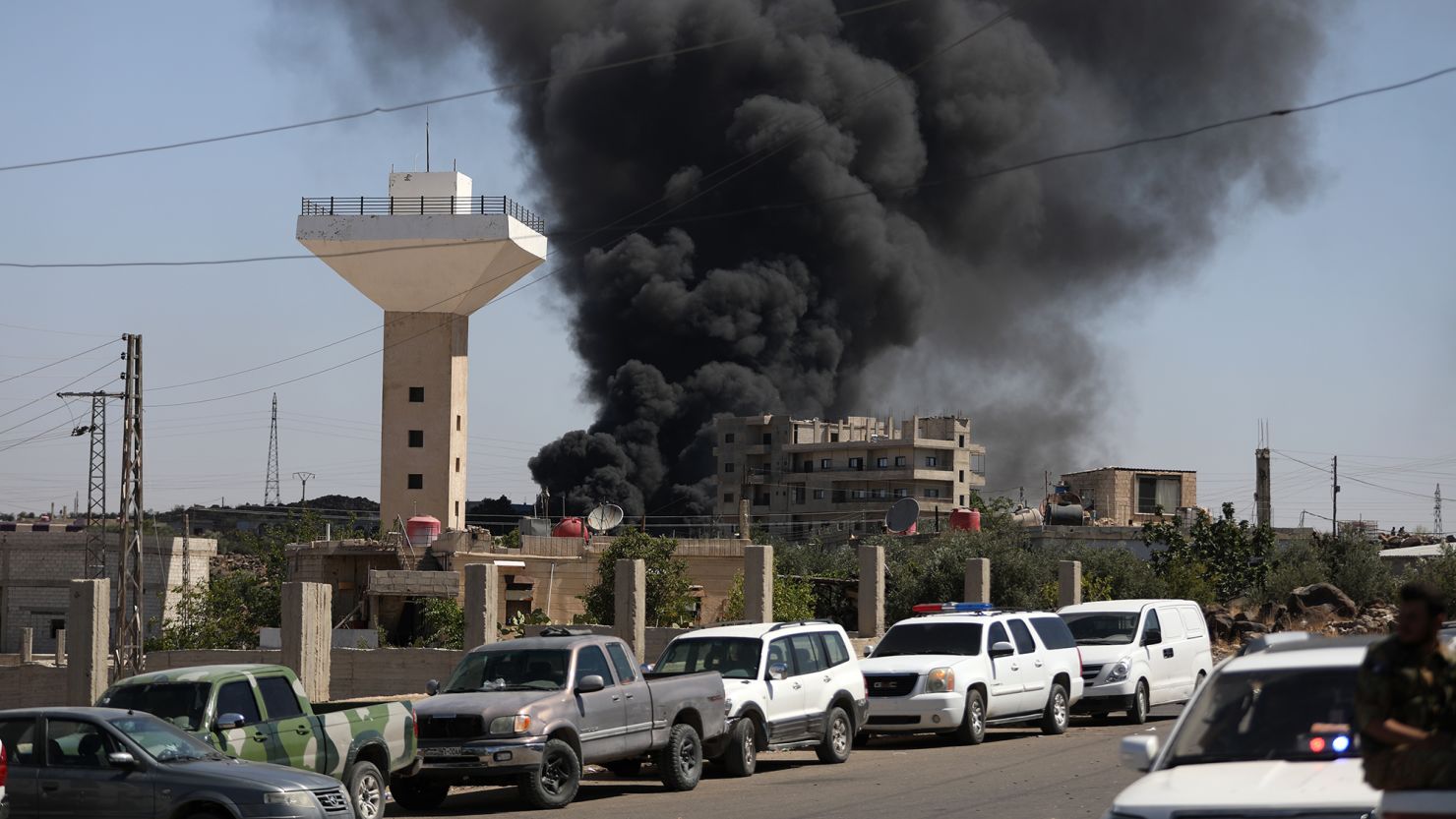
Who Are the Druze?
The Druze are a small, Arabic-speaking religious minority numbering around one million globally, primarily residing in Syria, Lebanon, Israel, and the Israeli-occupied Golan Heights. Their faith, originating in the 11th century, is a mystical offshoot of Ismaili Shiite Islam, incorporating elements of Greek philosophy, monotheism, reincarnation, and esotericism.
The community is closed to converts—one must be born Druze—and they often keep their religious texts and practices secret, even from other Druze.
In Syria, the Druze make up about 3% of the population, largely concentrated in Sweida province, Jaramana (a Damascus suburb), and border areas near Jordan and the Golan Heights. Historically, the Druze have maintained a delicate balance between cooperation with and resistance to central authorities, striving to maintain autonomy and self-defense militias.
The New Syrian Government and the Druze Crisis
Since the overthrow of Bashar al-Assad in December 2024, Syria has been under the interim leadership of President Ahmed al-Sharaa. While al-Sharaa promised a government of inclusion and national unity, tensions between his Sunni Islamist-leaning administration and Syria’s minorities—including the Druze and Alawites—have steadily grown.
The government’s attempts to disarm Druze militias and absorb them into national military forces have failed. The Druze insist on maintaining their independence due to a long history of persecution and betrayal. Many also remain deeply suspicious of al-Sharaa's Islamist past and his limited engagement with Druze political figures.
In fact, the new cabinet includes only one Druze minister, further alienating the community. Tensions erupted into violence in March when hundreds of Alawites were killed in Latakia, and again in May and July, during deadly clashes between government forces and Druze militias.
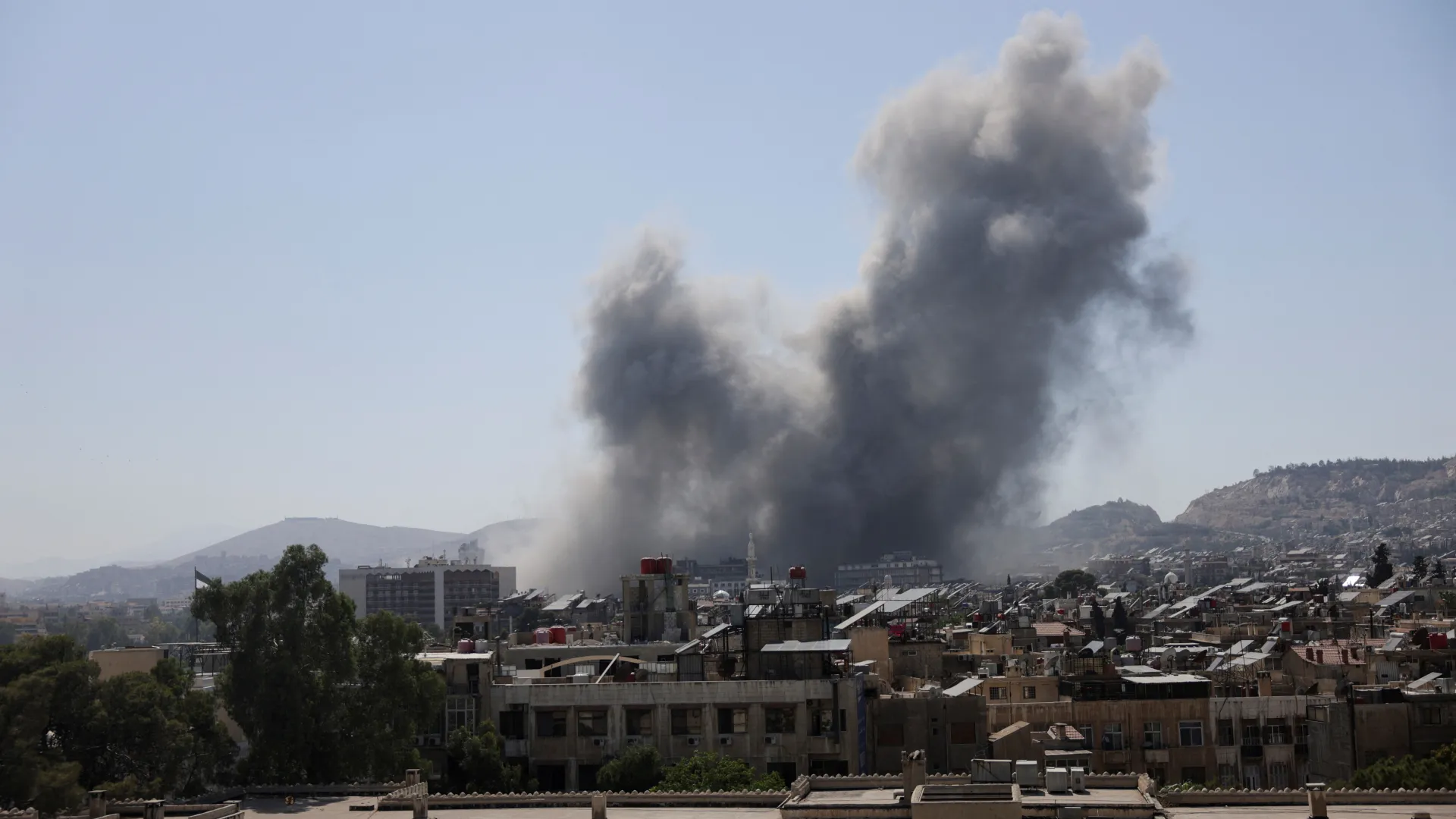
Ceasefire Attempts and Their Collapse
A ceasefire agreement was announced midweek, promising a halt to military operations, a monitoring committee, and Druze leadership of provincial security. Yet, unity among Druze leaders fractured:
-
Youssef Jarbou, a prominent figure, supported the ceasefire
-
Sheikh Hikmat Al-Hijri, on the other hand, rejected it and called for continued resistance
On Thursday, President al-Sharaa declared the government had chosen “dialogue over open war” and withdrew troops from Sweida under pressure from both the U.S. and Israel.
U.S. Mediation and the Global Response
The United States, under President Donald Trump, has played a significant role in attempting to broker peace. In May, Trump held a historic meeting with al-Sharaa in Riyadh, lifting U.S. sanctions on Syria in what was seen as a step toward reintegration into the international community.
Secretary of State Marco Rubio announced that the U.S. had helped mediate the latest ceasefire and remained hopeful: “In the next few hours, we hope to see some real progress to end what you’ve been seeing over the last couple of hours.”
Despite this, U.S. officials have also pressured Israel to de-escalate, warning that continued airstrikes could derail normalization efforts with Syria, particularly under the Abraham Accords framework.
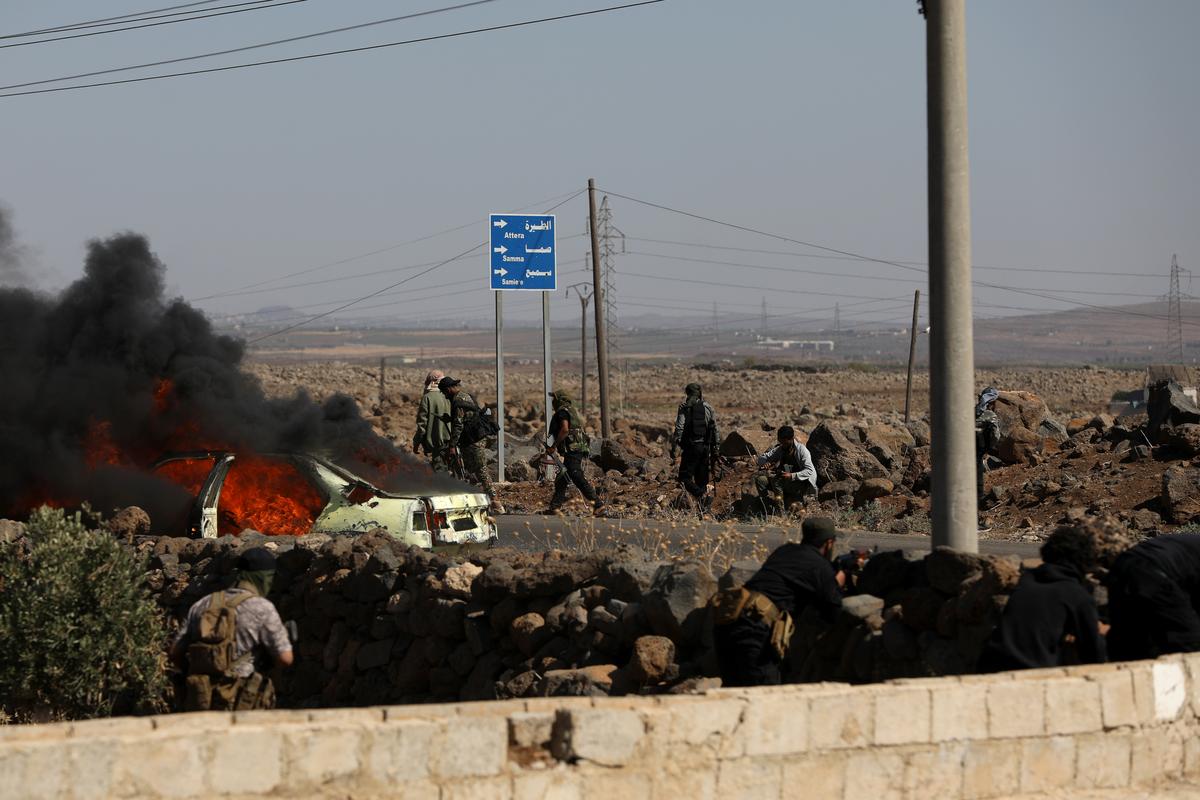
Could Israel Normalize Relations With Syria?
The fall of Assad created a rare opportunity for a reset between Israel and Syria, long-time enemies. Secret talks—some direct, others mediated by the U.S.—have taken place between Jerusalem and Damascus. Israel sees strategic value in integrating Syria into the regional peace framework, particularly after its confrontations with Iran.
However, Israel’s continued airstrikes, expanding military presence, and inflammatory rhetoric about al-Sharaa’s regime being “jihadist” complicate the normalization effort.
In a public speech, al-Sharaa accused Israel of undermining Syrian unity: “The Israeli entity… once again seeks to turn our land into a battlefield of chaos and to dismantle the fabric of our people.”
Still, both sides recognize the growing geopolitical pressures. Syria seeks international legitimacy and reconstruction support, while Israel aims to prevent new threats from forming on its border.
Humanitarian Situation in Sweida
The humanitarian toll in Sweida is dire:
-
Hospitals are overwhelmed
-
Power and internet blackouts are widespread
-
Hundreds of civilians are trapped due to the fighting
-
Reports of summary executions by Syrian forces have emerged
The Syrian Observatory for Human Rights and eyewitnesses confirm heavy casualties, panic in urban centers, and ongoing instability despite ceasefire announcements.
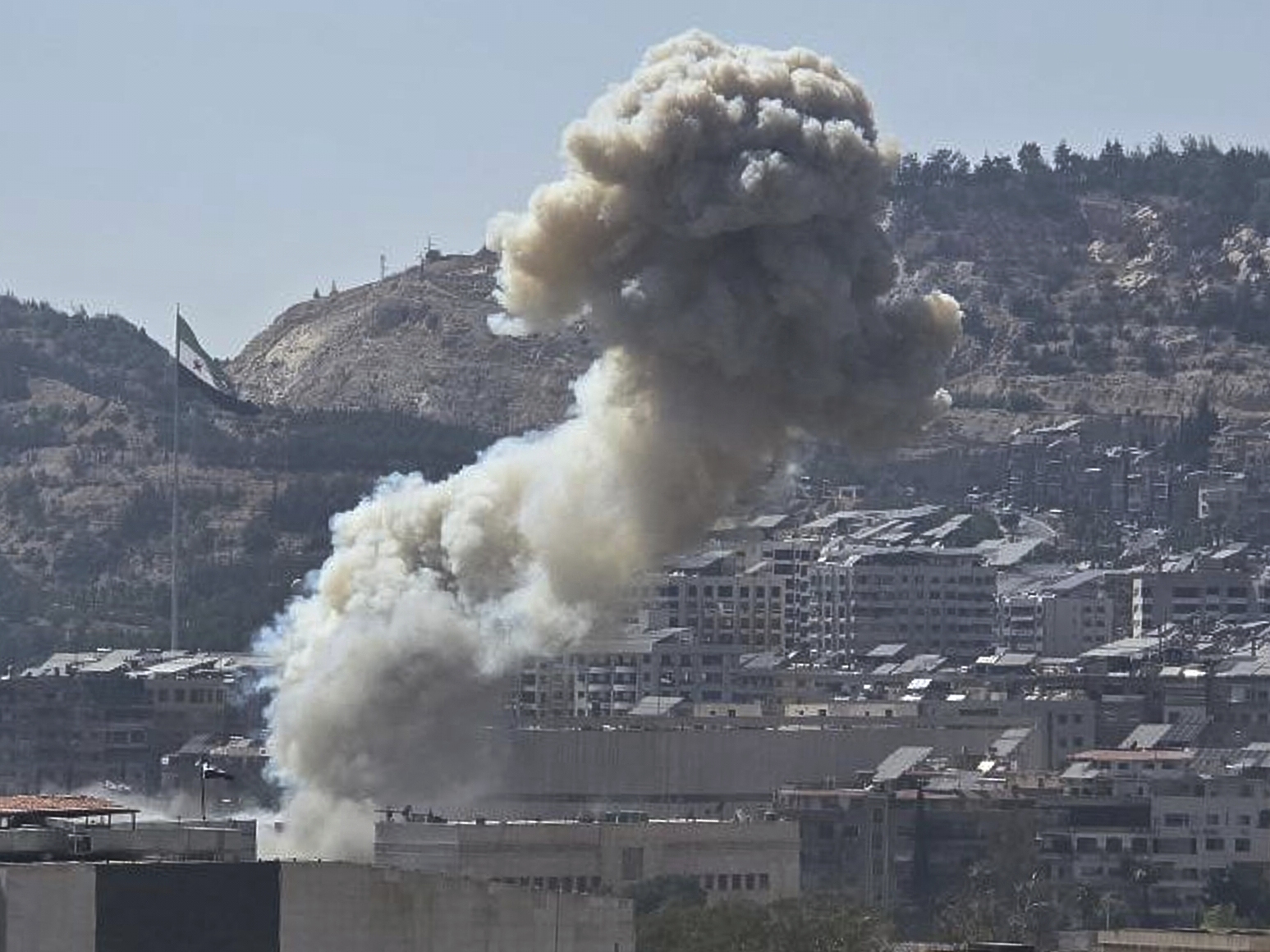
What Happens Next?
With Israel vowing to continue airstrikes until Syrian withdrawal is complete, and internal Druze leadership divided, the future of Sweida—and broader Syrian-Israeli relations—hangs in the balance.
While international mediation has helped bring temporary halts to violence, deeper reconciliation will require:
-
Inclusion of Druze leaders in Syria’s national governance
-
A genuine commitment from Syria to protect minorities
-
De-escalation by Israel, particularly in contested zones
-
Ongoing U.S. diplomatic pressure on both parties
As of now, the situation remains volatile, with a fragile truce teetering on collapse and civilians caught in the crossfire of regional power struggles.
With inputs from agencies
Image Source: Multiple agencies
© Copyright 2025. All Rights Reserved Powered by Vygr Media.

